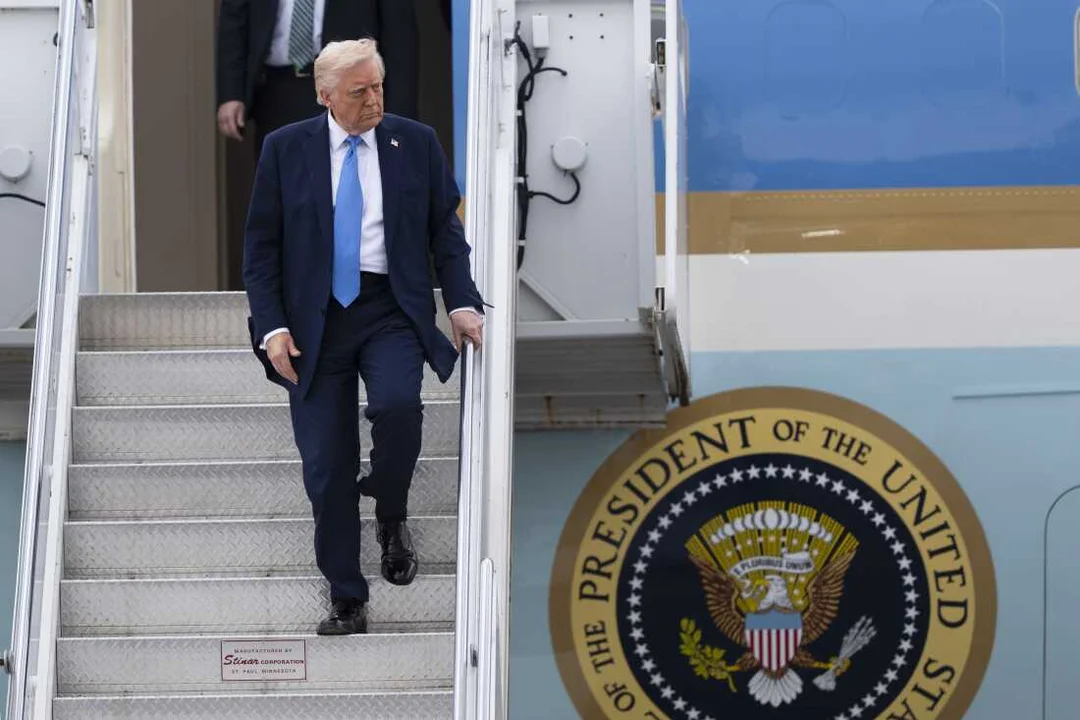
Donald Trump Hints at Third Term, Raising Constitutional Concerns
Former President Donald Trump has sparked controversy by hinting at the possibility of serving a third term in office, a move that would directly challenge the U.S. Constitution's 22nd Amendment. In recent statements, Trump suggested that there are 'methods' to extend his presidency beyond the traditional two-term limit, causing a stir among political analysts and constitutional scholars.
The 22nd Amendment, ratified in 1951, explicitly limits a president to two terms in office. Trump's comments have led to widespread speculation and concern about his intentions and the potential implications for American democracy. Legal experts argue that any attempt to bypass this amendment would be unconstitutional and could lead to significant legal battles.
Reactions from both sides of the political spectrum have been swift. Democrats have condemned Trump's remarks as an attack on democratic principles, while some Republicans have remained silent or offered cautious support. The discussion around Trump's third term has reignited debates about the stability and integrity of the U.S. political system.
Related issues news
Is it legal for a president to run for a third term?
No person shall be elected to the office of the President more than twice, and no person who has held the office of President, or acted as President, for more than two years of a term to which some other person was elected President shall be elected to the office of President more than once.
Who was president for three terms?
Franklin Delano Roosevelt (January 30, 1882 – April 12, 1945), also known as FDR, was the 32nd president of the United States, serving from 1933 until his death in 1945. He is the longest-serving U.S. president, and the only one to have served more than two terms.